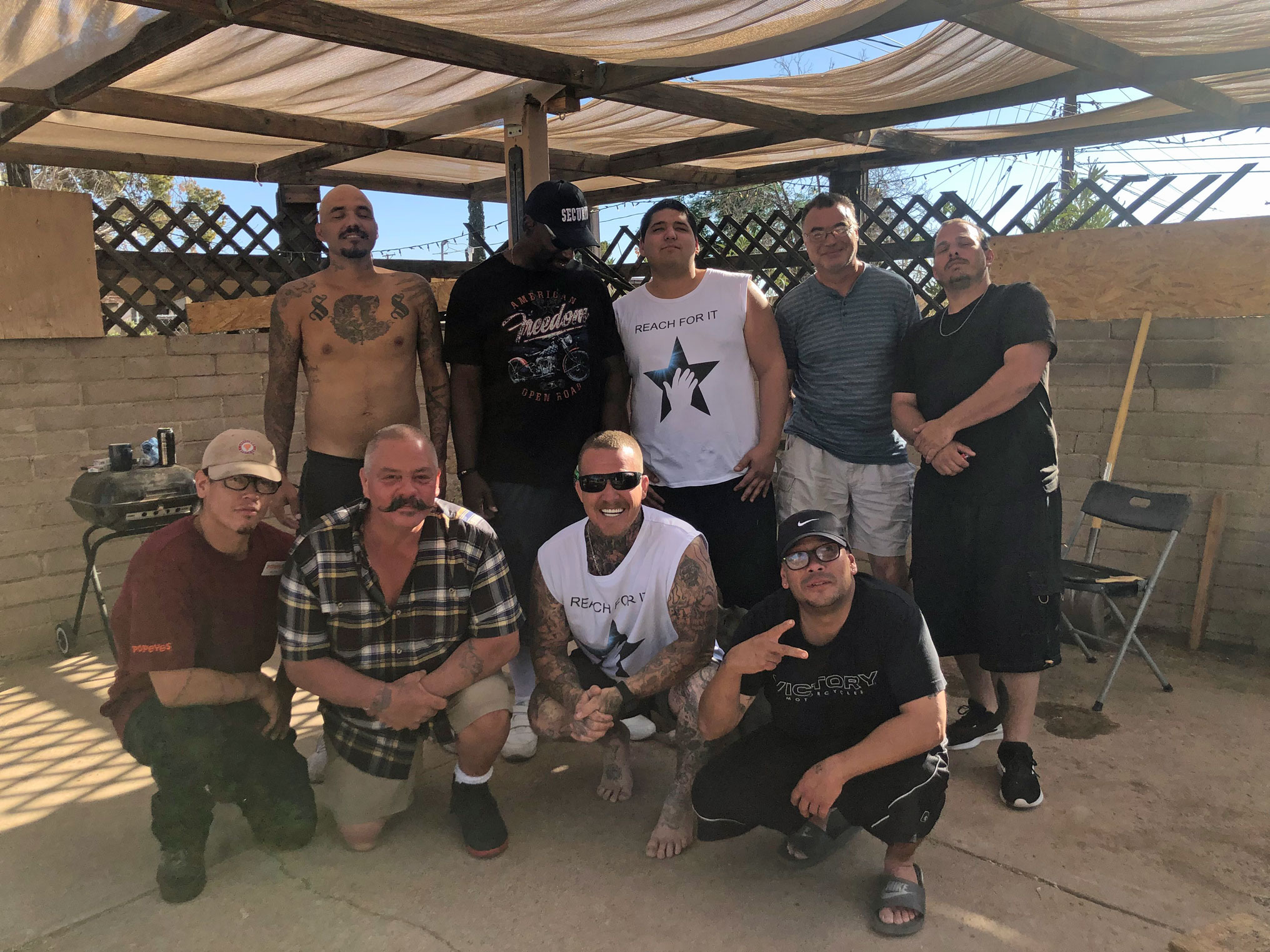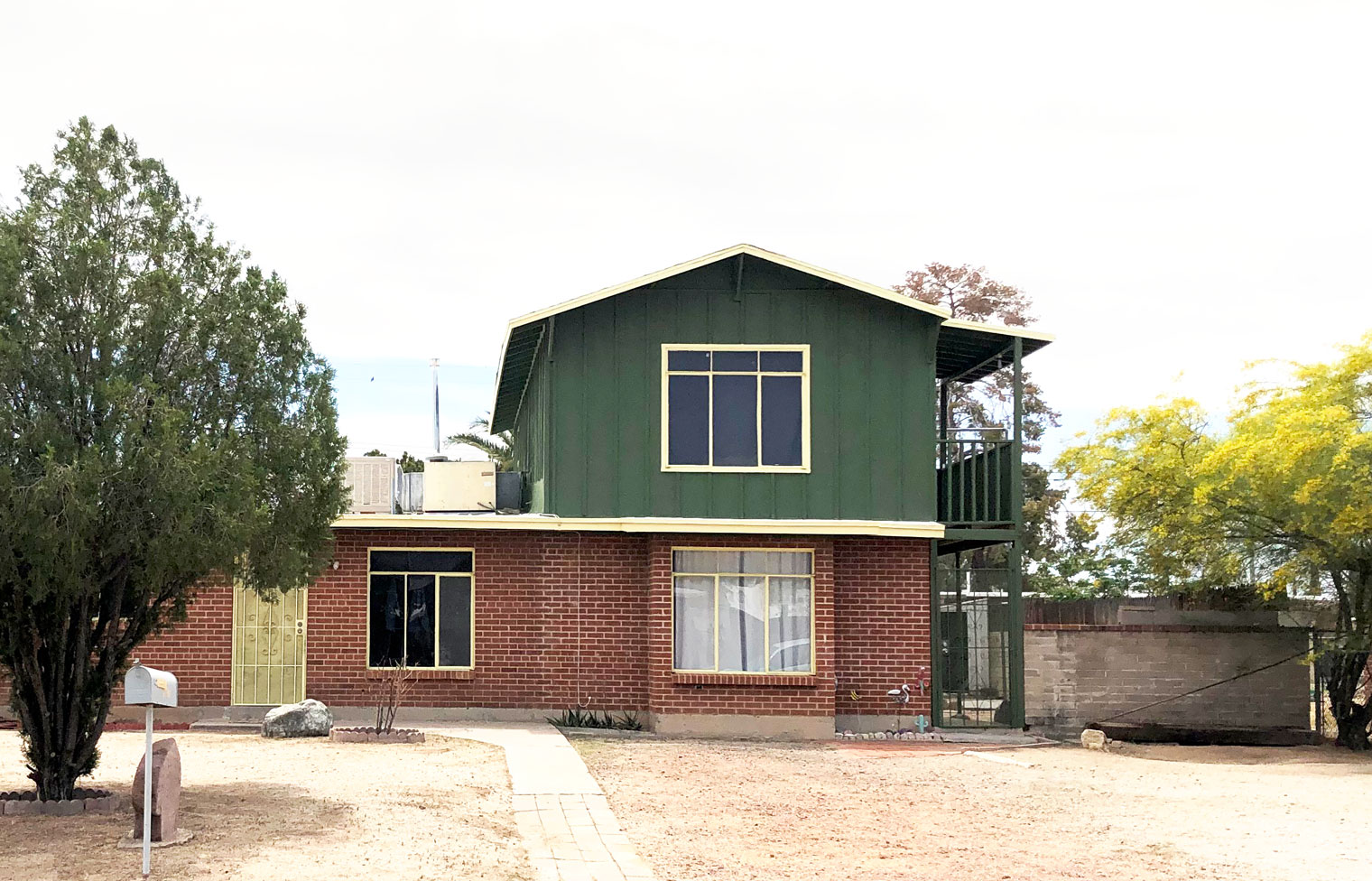Sober Living

Reach For It Of Tucson Supports A Sober Lifestyle
Sober living environments are housing options that are supportive of a clean and sober lifestyle. They are residences outside of treatment that offer a safe living environment for people who have already been to treatment, may otherwise be exposed to drug or alcohol use, are not safe, don’t have stable housing, or have no social support.
Some people may move into a sober home directly after treatment, but others may transition after a period of abstinence followed by a relapse, or if they feel that they are at risk for relapse and don’t want to or are unable to return to treatment.
What to Expect in a Sober Living Home
While a sober living home is not the same as clinical treatment, residents are expected to follow certain rules. The rules may vary between facilities, but the following expectations are typical.
- Attending 12-step meetings. In the absence of formal treatment, attendance at self-help meetings is either mandatory or strongly recommended as a condition of continued residence in a sober living home. Rather than passively attend meetings, it is suggested that all residents actively participate and work on a recovery program, which includes getting a sponsor, working through the 12 steps, and participating in service positions that keep the meetings running.
- Attending house meetings. Required house meetings are held on a regular basis, and allow everyone to discuss their progress, goals, and issues.
- Making sober friends. Peer support can be an important factor in the recovery process, especially while distancing from relationships associated with alcohol and drug use. Senior members in a sober house, and in self-help meetings, may offer support, encouragement, and hope to newer members. Providing mutual support can instill a sense of self-worth and pride.
- Getting and maintaining employment. Reintegrating into society and learning to develop a healthy routine involves obtaining and maintaining employment. Sober housing and the supports that it offers may be the first period of stability a person experiences in a long time. This allows people in early recovery to find and maintain steady employment. Working also provides a positive activity to participate in on a regular basis, and a steady source of income to pay for the cost of housing.
Staying Sober
The main goal of a sober living environment is to help people maintain sobriety and improve their quality of life. Living in a sober house can have a positive impact on a person’s recovery in a number of ways, and is associated with an increased likelihood of long-term sobriety.
Staying Employed
Addiction can make it difficult to maintain steady employment. Sober houses provide stability, support, and encouragement to seek employment, including vocational training to learn job skills. People who live in sober homes have better employment-related outcomes over time, even after moving into independent housing.
Friends & Relationships
One of the most important aspects of addiction recovery is social support. Peer support is at the foundation of how sober homes function, and the networks become similar to family relationships. Having strong sober support can indicate a greater likelihood of sobriety. Sober houses require people to share living space and attend communal meals, fostering a feeling of community. Being around people with similar experiences may help people become more willing to give and accept feedback, be accountable for their actions, and maintain motivation toward sobriety.


